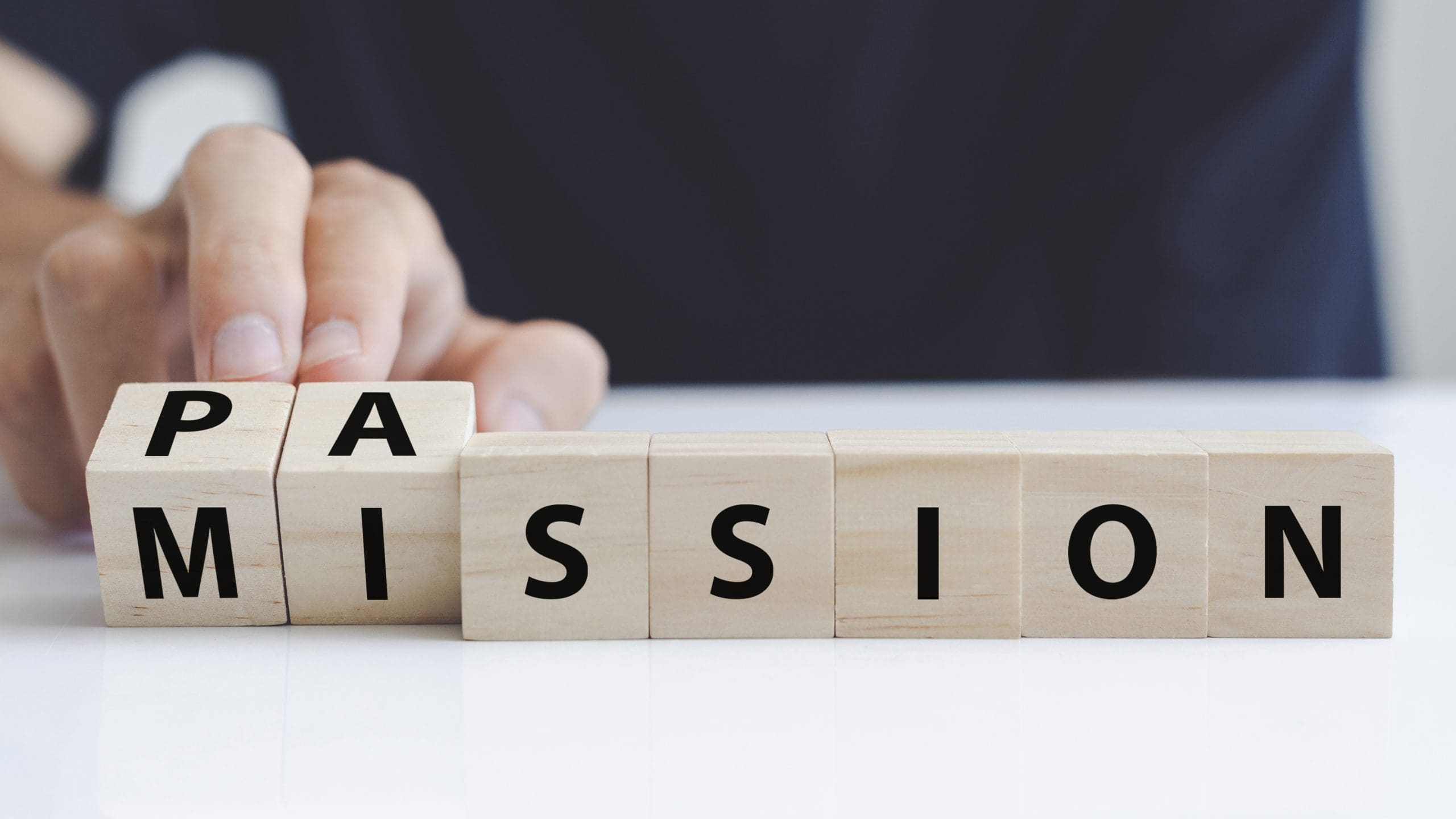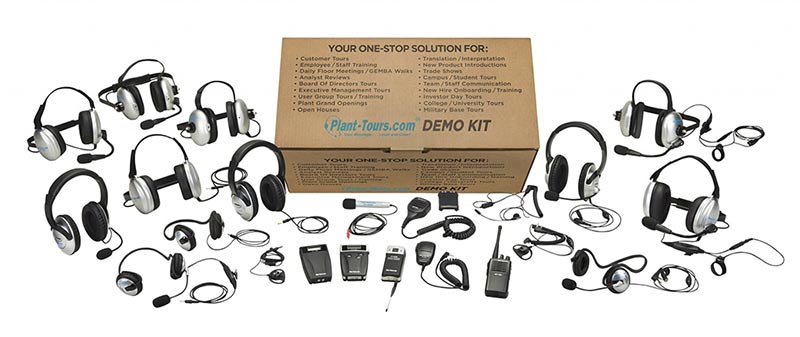There are hundreds of thousands of full-time, accredited tour guides around the world today. The tourism industry is booming like never before. Tour guide jobs are growing, and more people are choosing to make their mark in the travel industry. To stand out, tour operators are therefore becoming increasingly competitive too. In essence, being a great tour guide isn’t easy.
The best tour guides out there possess a certain “je ne sais quoi.” However, they also have a specific skill set and adhere to some basic ground rules that help make tourists’ travel experience exceptionally memorable. If you’re a tour leader looking to up the level of your very own professional tour, we’ve got five basic steps that can help.
Step 1: Know your subject matter
There are countless types of tours out there. Whether you’re conducting a food tour, doing a city walking tour, presenting a museum, taking your group sightseeing in the great outdoors, touring a factory, or anything in between — it’s vital that you know your stuff. If you happen to work for a tour company, you will likely be provided with a certain level of training. But whether it’s your own tour or a company tour, you can never have too much information when it comes to curious tour guests. Make sure you can share not only some basic and fun facts but also some not-so-commonly known ones too. Be prepared to answer questions that you didn’t see coming, because with the internet, fact-checking can happen in a matter of seconds. In short, knowing exactly what you’re talking about should be the number one priority of any good tour guide.
Step 2: Perfect your communication skills
Communication is key when it comes to the tour business, so you’re definitely going to need a knack for public speaking. You don’t necessarily need to be an extrovert and/or professional orator, but you do want to keep your guests engaged and immersed in your subject matter for certain periods of time. Knowing your stuff will help, but charisma, charm, and a good sense of humor will go a long way too. Be practical and think about things like enunciation, volume levels, timing, and body language. Factor in your environment too and think about how you can improve overall communication there. For example, if you’re touring a city, consider physical or virtual maps. If you happen to be in either a noisy or particularly quiet environment (such as a factory or a museum), the right tour guide system can help minimize distractions and enhance your guided tours. If you’re giving a food and/or drink tour — make sure there are samples (which you can also use as talking points). Consider other interactive and fun ways that can make for a better tour. Audio and video guides, a strong social media presence (before and after the tour), and even more traditional tools — such as a bright-colored umbrella —can all help you be a more effective communicator. Of course, keep in mind that you’re usually dealing with people from different backgrounds and from all walks of life. Knowing the local language and customs is a plus. But staying inclusive and sensitive to cultural differences is equally essential to being an effective communicator.
Step 3: Stay organized and up-to-date
You’ll want to make sure your organizational skills are top-notch too. First off, punctuality is vital. Don’t be late for your own tour. Better yet — be early. But timing in general can be tricky with tourism. Especially if you’re working with large distances, crowded areas, and/or big groups. It’s always a good call to have a plan, as well as a general timeline for that plan. Time your tours and take notes. Allow for a certain margin of error in case there are any setbacks — such as late guests, traffic, closed-off areas, long lines, the weather, and so on. Having the right tools will also greatly help you stay organized and on track; have an open line of communication between colleagues, patrons, guests, and anyone else that is part of the process. That goes for before, during, and after the tour itself. Develop an in-depth understanding of everything your tour involves, and think about how the tour can evolve. Improve on any problem areas you come across, do your research, take notes, stay informed, and keep that understanding fresh and relevant. And if you’re just starting out — don’t over-plan. With time, timing and organization will become second nature.
Step 4: Be ready to think on your feet
It’s important to keep in mind that — no matter how well you know your stuff, how effectively you communicate, or how organized you are — things won’t always go according to plan. In other words, a great tour guide must also have an impeccable ability to adapt and improvise. Some tours can be more unpredictable than others. For example, a big group adventure tour might have a few more surprises in store than a private art gallery tour. But regardless of the setting, it’s always good to have a plan B. If that plan B fails, remain professional and go with the flow. The internet may be down, ticket prices might change, places may be closed, guests might cancel or overbook, you may be asked seemingly impossible questions, there may be a medical emergency, and so on. Thus, you want to be as prepared as humanly possible for whatever your tour may throw at you. But you also want to be flexible. The best way to be both prepared and flexible is through practice. The more tours you give, the more you’ll have a general idea of what you can expect. A helpful tip too: a good sense of humor will come in handy here.
Step 5: Be passionate about what you do
Having a genuine interest in what you do will no doubt guarantee a better tour. Giving the same tour, again and again, can begin to feel repetitive. However, if you remain confident in your subject, keep improving your craft daily, and continue to find ways to keep things interesting and fresh — you’ll never get bored. Being a tour guide can be demanding, but it’s also very rewarding. During your tour, you become the heart and soul of the subject – a city, a historical site, a museum, a manufacturing plant, a national park, and so on. But you also get to continuously learn about that place and its history. You get to share your ever-increasing expertise on it with countless curious individuals — most of whom are experiencing it for the first time. Moreover, you get to interact with people from every imaginable background daily. And if you’re ardent about every tour you give, this will complement your guests’ overall experience tenfold. So have fun with it.
What makes a good tour guide?
What exactly makes an exceptionally successful tour depends on several different factors. Simply put, a great tour is one that leaves people fully content with their experience. But a great tour can even make something seemingly mundane and boring feel special and unforgettable. There are certain skills that one can develop to facilitate that magic.
A good guide is both a good talker and a good listener.
They are punctual, attentive, courteous, well-informed, and flexible.
They are funny but not pushy.
They are both well-organized and easy-going.
They keep things fresh, simple, and interesting.
And they love what they do.
Perfecting your tour guide skills takes practice — as well as a bit of that certain “je ne sais quoi.” But if you take your time and adhere to these few basic steps, it will guarantee a great tour experience. It will help you rank among the world’s most excellent tour guides — no matter where you are.












